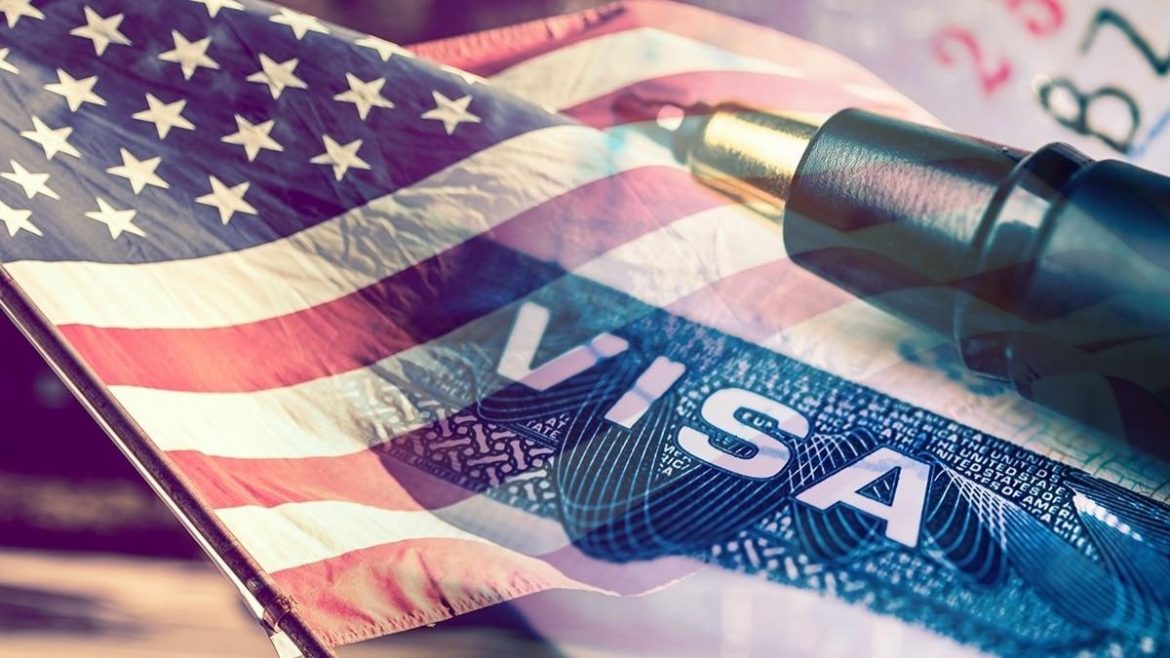Government Action Targets Alleged Traffickers
In a direct move sparking international attention, the United States government has revoked and denied visas for a group of Indian business figures and their close family members. The step was taken in connection with alleged involvement in trafficking chemicals used to make fentanyl, a powerful synthetic opioid that has been at the heart of an ongoing health emergency in the US.
This decision, confirmed by the US Embassy, marks a rare public acknowledgment of diplomatic enforcement tied directly to drug precursor substances. Although the specific names of the individuals have not been released, this development has set off waves of chatter across both government and business circles in India.
Official Statement
“The United States is committed to disrupting the global supply chain of synthetic drugs, including fentanyl,” a US embassy spokesperson said during the announcement. “Certain business executives and corporate leadership in India, along with their immediate family members, are now deemed ineligible for entry into the US due to their roles in trafficking precursor chemicals.”
The statement emphasizes that the US is prepared to take concrete steps beyond its borders when it comes to tackling the opioid crisis. No additional details were shared about the enforcement process or further legal action, if any, but the message was clear: action will be taken against individuals who violate US drug laws—wherever they might reside.
The Bigger Picture: Fentanyl and International Responsibility
If you’ve kept even one eye on international headlines this past year, you’ve probably seen the word “fentanyl” appear frequently. It’s not just a domestic issue in the US. The synthetic opioid, about 50 times stronger than heroin, has become a symbol of transnational addiction and trafficking concerns.
What many may not realize is the complex web of chemical supply chains that make these drugs possible. Fentanyl precursors often originate legally and get diverted through legitimate commercial channels. That’s where international business can play an unintentional or, sadly, deliberate part.
The United States has recently turned its focus to not just the street dealers or rogue chemists, but the corporations and executives that could—knowingly or not—be enabling this crisis through the supply of chemical ingredients.
Timeline of Events
- Early 2024: Investigative cooperation between US law enforcement and international agencies raises concerns about chemical supply tracking from parts of Asia, including India.
- Mid-May: US internal reviews reportedly identify certain Indian companies supplying precursor chemicals without proper accountability.
- 23 May 2024: US embassy confirms revocation and denial of visas to unnamed Indian executives and their close relatives.
Community and Industry Reaction
The response in India has been a mix of concern and confusion. Several business associations have called for transparency and requested details from both the US State Department and India’s Ministry of External Affairs. In Delhi, a spokesperson for a major API (active pharmaceutical ingredient) supplier noted:
“There’s deep worry in our sector right now. The problem is no one knows who has been blacklisted. It could affect trust between countries and regulators if this isn’t handled with clarity.”
Concerns have also surfaced around potential overreach. Were all the affected executives directly involved, or are some being penalized due to association? It’s murky territory, and some say due process must be observed.
Why It Matters
This isn’t just about a handful of individuals losing travel privileges. This move feeds into a broader narrative—a growing effort by the US to address opioid overdose deaths through an international lens. Fentanyl overdose is now the leading cause of death for Americans aged 18–45, and there’s rising political pressure to “do something concrete.”
The Indian government has not officially responded yet, but continued silence might not hold. Trade and diplomatic ties between the two nations are strong, and both share intelligence and law enforcement cooperation in multiple areas. This could test that trust, especially if names or companies of significant size are involved.
Key Factors Behind the US Decision
- Suspected involvement in fentanyl precursor trafficking
- Increased cross-border monitoring due to the opioid crisis
- Use of visa controls as part of broader international enforcement tools
- Focus on corporate leadership and accountability
Legal and Ethical Uncertainty
Interestingly, there’s little clarity on how guilt or involvement was determined. Were any of these individuals prosecuted, or even charged? Possibly not. The US visa system allows for exclusions based on suspicion under immigration law, which is far broader than criminal law.
That said, this opens up tough questions. Is it fair to restrict someone’s right to travel without a legal conviction? Some say yes, especially when dealing with a drug that has taken thousands of lives. Others find it troubling that visa-related punishments are increasingly used for international policy enforcement.
Looking Ahead
This move may just be the beginning. The United States has already hinted at further scrutiny on international chemical exports. India, being one of the largest suppliers of APIs globally, may face increased compliance requirements and inspections from importing nations.
For Indian executives in the pharma and chemical supply sectors, this might change how they view international due diligence. Suddenly, it’s not just about tax compliance and regulatory norms, but also about reputational impact—even across borders.
For now, much remains unknown. But one thing is certain: the global fight against opioids is reaching boardrooms, not just back alleys. And I think people are still wrapping their heads around what that really means.
Mistakes to Avoid in International Trade Compliance
- Neglecting thorough background checks on supply chain partners
- Overlooking export declaration protocols
- Assuming all chemicals labeled as legal are free from enhanced scrutiny
- Failing to respond quickly to inquiries from international regulators
You don’t want to be next on a list like this. And even if you’re confident in your operations, it might be time to double-check anyway. Just to be sure.

